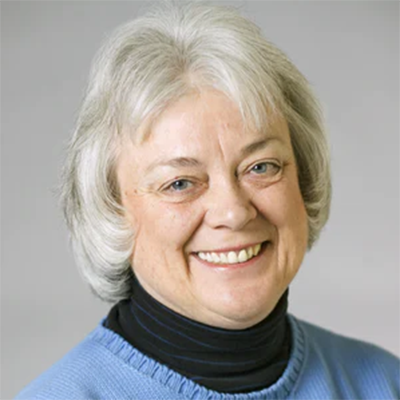Whitt: Traveling back in time at 60th high school reunion
Last week, I drove to Jacksonville, Florida, to attend my 60th high school reunion. I thought, surely, this one would be the last one. My class of 1964 has been gathering every five years (1969, 1974, 1979, 1984, 1989, 1994, 1999, 2004, 2009, 2014, 2019, 2024) without faiI; I have only missed two of them. Fortunately, our class has a devoted core that has never left Jacksonville, and the group does all the behind-the-scenes work for each occasion. Without these caring and committed classmates, reunions don’t happen with such regularity and thoughtfulness.
As I made the drive south, I thought of what might be the takeaway of this event. Here is my discovery: We all looked exactly as a bunch of 77- or 78-year-olds should look. And, maybe more importantly because it is more than a surface comment — we all have known loss. You could see it in the lines of our faces, in the sadness of our eyes, in the wrinkles on the backs of our hands, on the arthritic crippling directions our fingers now point. We have lost parents, of course, mostly many years ago. More recently, we have lost spouses, siblings, children and grandchildren. They have died through suicide, drugs, alcohol, debilitating terminal illnesses.
When we gathered in the host hotel, we greeted each other by glimpses of possible recognition and then finding certainty when our eyes met the faces of our senior yearbook pictures affixed to our name tags. For many of us, the old face is not the one we now know; we were in search of the one we used to know. I found myself reminding half-century ago plus friends of who I was by saying aloud my original name — not the one I have gone by for almost a half century. I also realized how much I liked saying my former name — the one I got from my dad, the one I was born into.
High school reunions after the half century mark become time travel that isn’t science fiction. We gather in smaller groups and begin the storytelling that picks up where we once were and who we once were — the early days of driving our parents’ cars, that first taste of freedom with typewriter ink still dripping from our fresh licenses. We retell the stories that (perhaps over the years we have told our grandchildren a hundred times) now have an audience that includes those same people who were once in the car with us. Only this audience knows what you mean when you say a road name, indicate a neighborhood building, make reference to someone’s now long-gone parent, recall a friend’s home. The rest of us have the mental picture of which we are already correcting, expanding, and maybe, most importantly, laughing at. And the laughter is different now — it is the kind of laughter that is loud, contagious, authentic, gut-wrenching and soul-cleansing. This is the best kind of audience for such talk and tales of long-ago memory. For here is the group that stood witness, by our side, in the same car — now, metaphorically on the same path as, together, we made our way into the old people we have become.
For two days, I didn’t hear one word of the various roads we have traveled since leaving high school — who we married, what we have done, where we lived, what political side we have chosen. There was too much to say, now, about that period of our lives that is really only ours alone — simply because we were together then. Of course, there were the moments of sharing the sad losses because maybe these people didn’t know. And with the innocent laughter of old stories also comes trust and a kind of intimate honesty. We may not know the specifics of these losses to one another but we know our own losses, and we feel what is being said. The room goes from raucous laughter to a quiet almost sacred stillness as these sad moments are shared. As I left for home late Sunday morning, I realized the reunion had been maybe the best kind of vacation — no thought of present-day woes — just a bit of time travel into the days of my own innocence where laughter was abundant.

Margaret Earley Whitt is a retired college professor and lives in Gerton.
This article originally appeared on Asheville Citizen Times: Traveling back in time at 60th high school reunion
